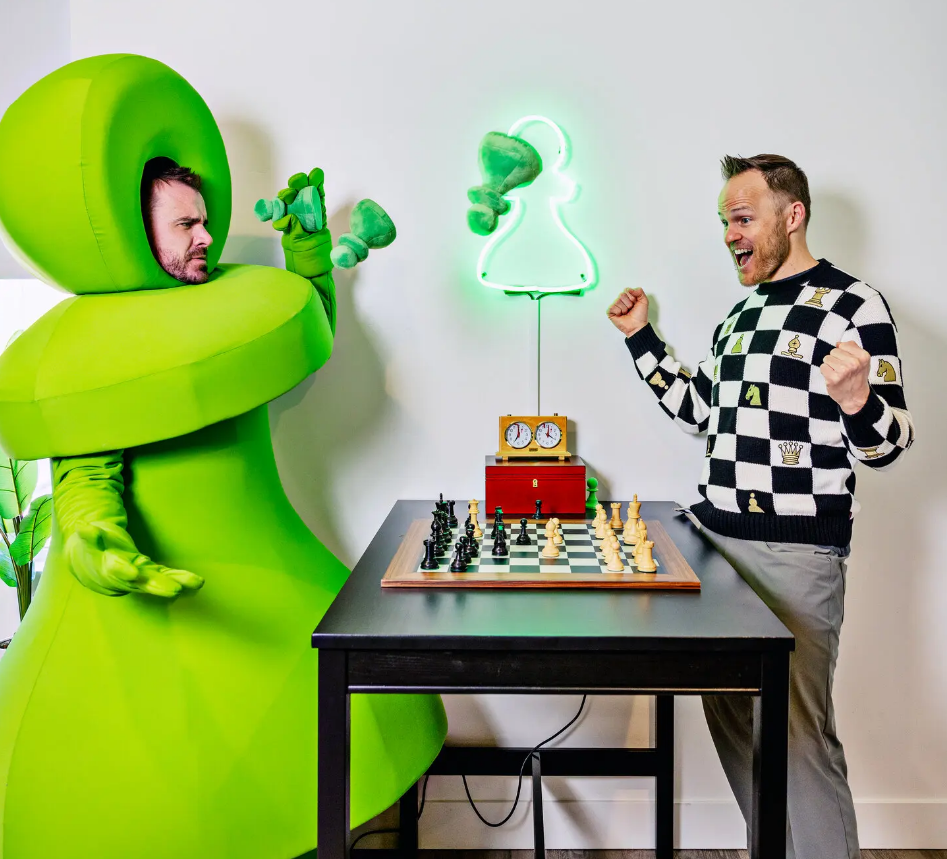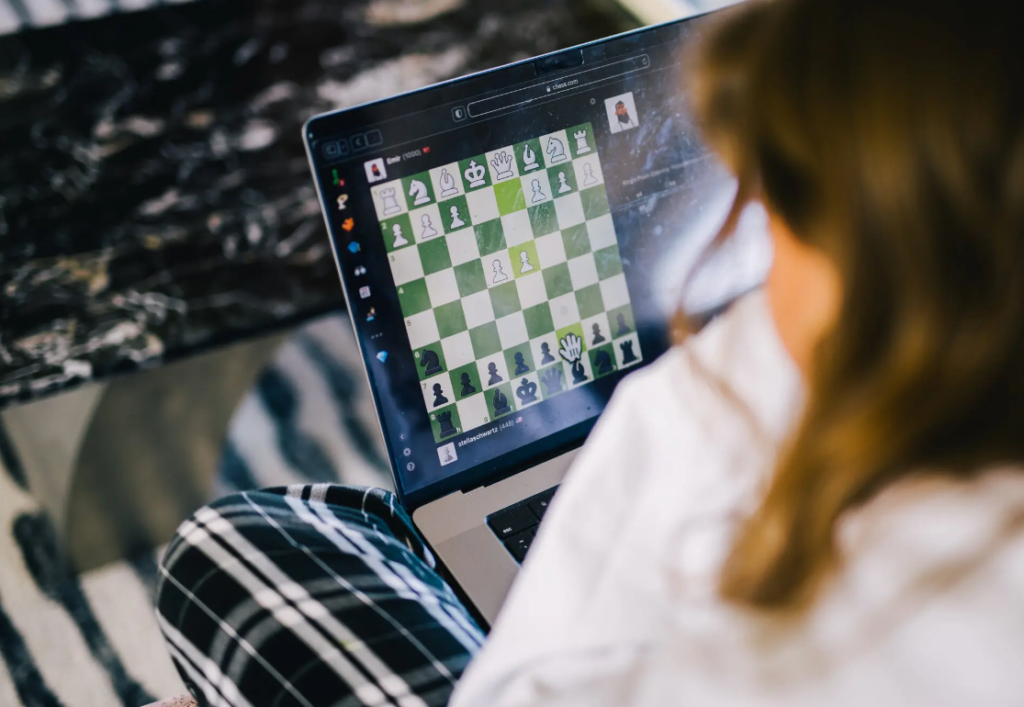
The article “The Stealth Campaign That’s Getting Your Kids Hooked on Chess” by Matt Richtel discusses the sudden surge in popularity of chess among teenagers and young adults, attributing it to pandemic boredom, “The Queen’s Gambit” mini-series on Netflix, and a deliberate strategy by Chess.com to make the game more appealing to younger generations.
According to the article, Chess.com has been working behind the scenes to change the game’s image and attract new players, especially those in high school, college, and junior high. The company’s CEO, Erik Allebest, said that the strategy was to rebrand chess as good old-fashioned fun and sell the enjoyment of chess and community more than just the top players and news of top players.
To achieve this, Chess.com started hosting tournaments with online influencers who were not particularly adept at chess but had large followings among young people. The site also hired college students to manage its social media presence and encouraged them to be irreverent and funny and to create memes. The article cites a recent blog post on the site titled “Why chess sucks” and offered as the main reason, “I always lose!”
Additionally, an array of online chess personalities has emerged, such as Levy Rozman, also known as GothamChess, GMHikaru, and Alexandra Botez. These chess celebrities have large followings on platforms like YouTube and Twitch and have contributed to making chess more appealing to younger audiences.
While some may argue that the popularity of chess among younger generations is a positive development, as it promotes critical thinking, problem-solving, and other valuable skills, others may worry that it may contribute to screen addiction and social isolation. The article cites examples of teenagers playing chess at parties, which may indicate a shift away from more social activities like dancing or playing games that involve face-to-face interaction.
Moreover, while Chess.com may have successfully rebranded chess as a fun and engaging game, it’s worth noting that the company’s financial model relies on charging for tiers of service, from $6.99 to $16.99 per month for additional features like instructional videos and computer analysis of a player’s games and moves. While some may argue that these fees are reasonable, others may worry that they may further exacerbate economic inequalities, as those who can afford to pay for these services may have an advantage over those who cannot.
In conclusion, the sudden surge in popularity of chess among younger generations may have multiple implications, both positive and negative. While it’s encouraging to see more young people engaging in a game that promotes critical thinking and problem-solving, we should also be aware of the potential drawbacks, such as screen addiction and economic inequalities. As with any trend, it’s important to approach it critically and thoughtfully, weighing the pros and cons and considering the long-term consequences.

